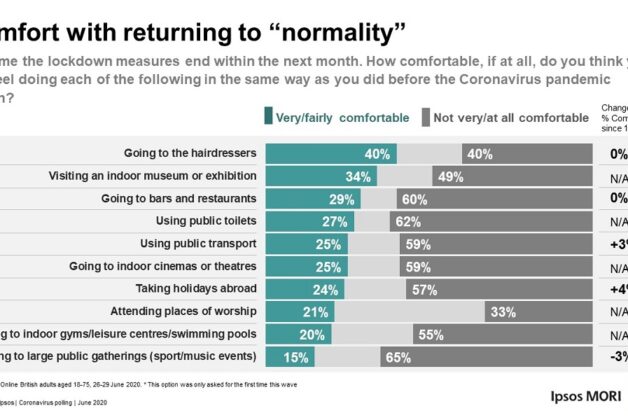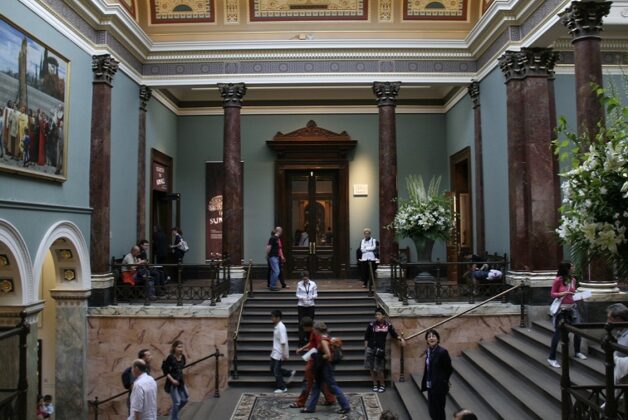Image: © Network of European Museum Organisations
Research undertaken by the Network of European Museum Organisations has found “museums have had to make many changes to their daily work due to the current situation”, including staff redeployment and a sizeable shift in focus towards taking content online.
NEMO has begun to release the data gathered from its ongoing survey into the collective response of Europe’s museums to the coronavirus crisis.
Over 60% of museums to answer the survey prior to 17th April have increased their online presence through different services during the lockdown. This increase to online services is most often in the form of social media work to stay communicative with audiences, the research found.
https://museumsandheritage.com/news/increase-digital-efforts-lockdown-nemo-urges-new-covid-19-impact-report/
There has also been a rise in collections moving online, with digital objects added to online repositories along with new online exhibitions and tours being launched.
One way museums have been able to achieve this has been to reassign staff, with 30% of organisations surveyed having done this. Those institutions that have reallocated staff were, on the whole, those who also reported the launch of new online services such as virtual tours and online exhibitions.
The research does highlight, however, that a third of museums in the survey were already providing a “rich diversity in online services” prior to the lockdown measures.
Given the spike in online offerings, it is unsurprising that some museums’ web traffic figures are already up. 24% of museums reported an increased in figures, with sites in Austria, Romania and Spain reported the most marked increases.
With more than 82% of Europeans said to be online and only 42% having visited museums last year, NEMO points out that now is a great opportunity for cultural institutions to engage with new audiences.
Responses to the survey will be accepted until 30th April, with the resultant data then being collated and compared to existing findings.





